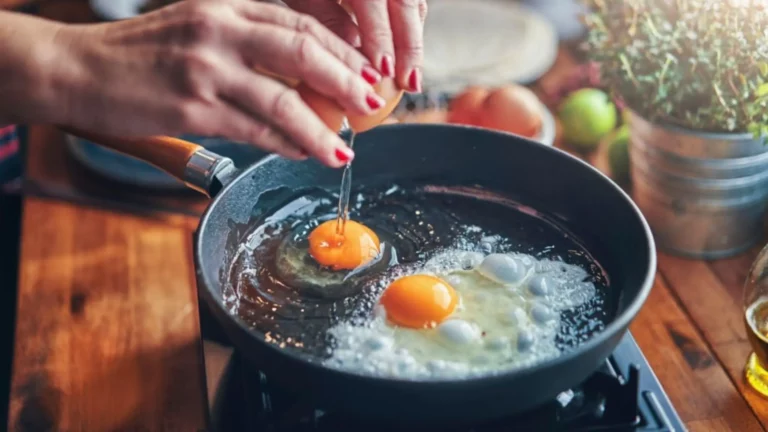Women Have Higher Heart Risk Associated With Solo Eating

New research has been found that eating alone could bring negative effects including serious health struggles. This particular research report has been appeared in the journal Menopause, suggesting that women are more prone to the adverse consequences of lonely eating, especially with a higher rate of heart risk.
Women Have Higher Heart Risk Associated With Solo Eating
The study reports state that the two major factors associated with such risks are loneliness and low-calorie intake. So, the researchers have reached the conclusion that the threats related to solo eating can be eliminated by eating with others while managing their calorie count as well as diet.

Apart from these, researchers say that dining with others can bring certain other positive effects on women, including a positive impact on overall physical and mental health. However, the risks related to solo eating are found to be deeper in mature women, or those who approach menopause.
Going ahead with their studies, researchers enrolled 590 women, over the age of 65. These women were divided into two groups. The first was the eating alone group, and the latter was eating with others. This categorization was done after considering whether each of these women used to eat alone or eat with one or more companions.
The study authors could find that women who belong to the first group or the lone eaters are 2.58 times more prone to health risks. They also have shown a higher risk of angina, which can bring reduced blood flow to the heart.
The volunteers belonging to the first group also seemed to be less aware of nutrition labels. This is why they tend to consume fewer calories, and essentials like fiber, sodium, potassium, and carbohydrates. Most of the experts involved in the study have stated that women who are solo eaters are also more likely to be widowed or tend to have meager incomes.
Since these threats are more commonly associated with middle-aged and elderly women, the researchers suggest the importance of establishing meaningful social ties for them. The researchers indicate an effective way to let them have nutritional balance as well as enhanced overall health.
According to the study authors, there are two adverse factors associated with solo eating. The first one is low-calorie intake and the latter is the elevated risk of solitude. These can eventually lead women to a state of depression and related symptoms. Since depression and heart health have a closer link between each other, heart risk caused by solo eating indirectly becomes a factor behind depressive states. So, Robert Greenfield, MD, FACC, FAHA, FNLA, co-founder of California Heart Associates says that it is important to address both of these together.
However, the researchers say that it would be unrealistic for those who regularly eat alone to have a companion while dining. But still, the study clearly indicates clues promoting eating with others to avoid such health risks of solo eating. Or else, it would be greatly beneficial to lower loneliness and isolation, especially for aged women.





